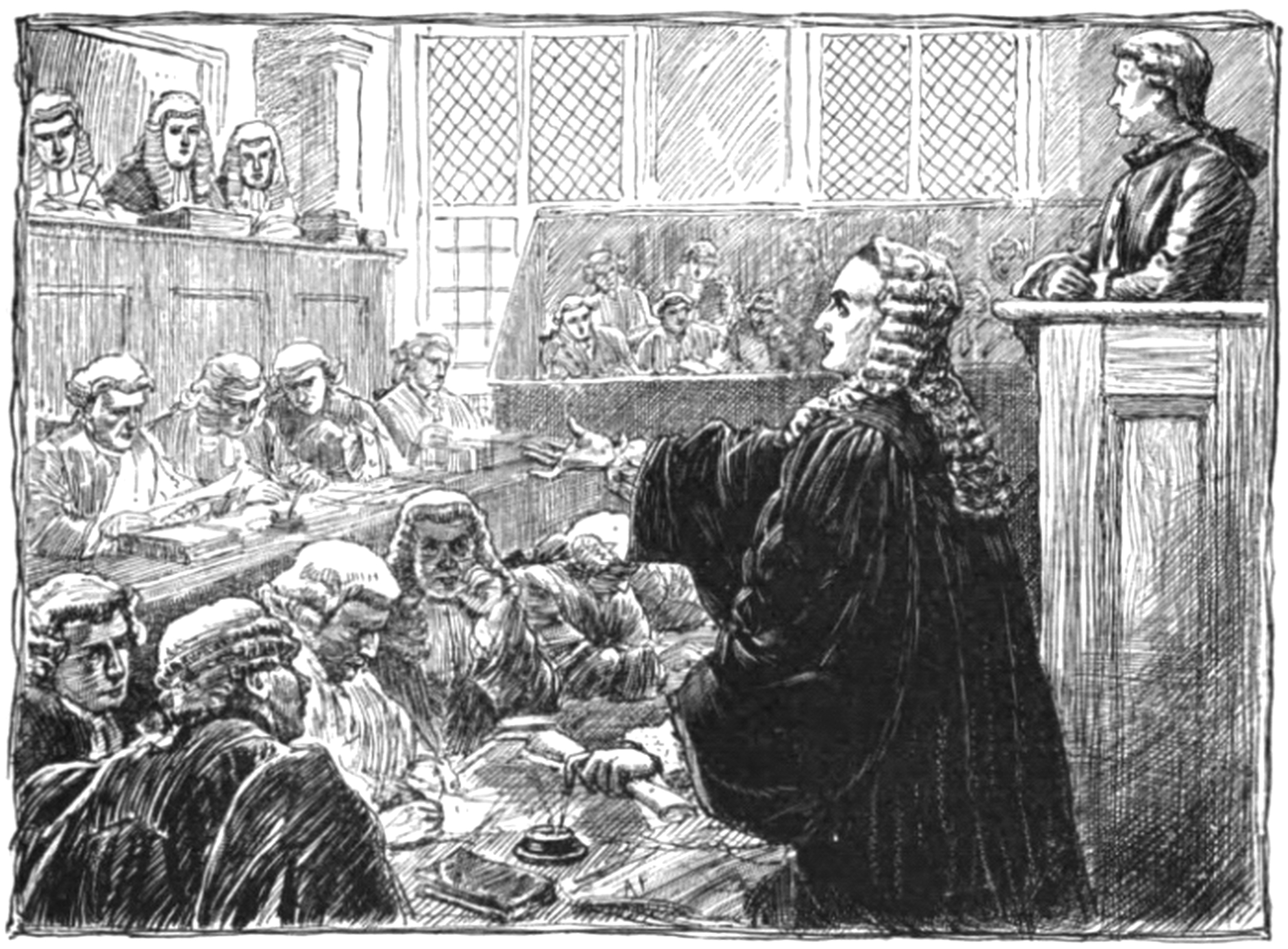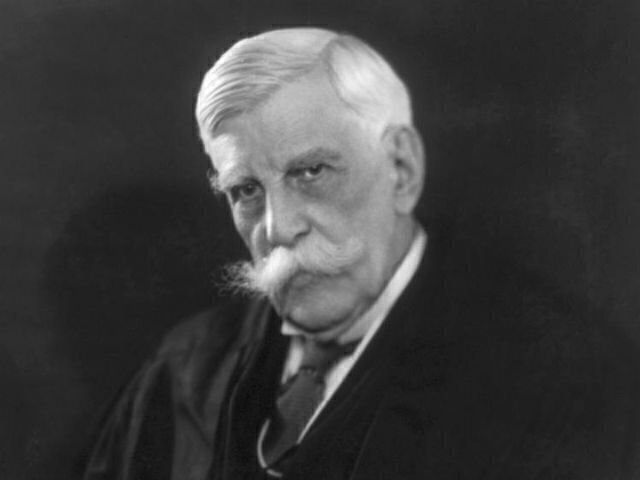During World War 1, Socialist Charles Schenck gave out circulars which were letters given to large groups to inform them they were to be drafted. However, Schenck did not agree with the draft as he thought it was a means on involuntary servitude that one had the right to refuse. Schenck began putting up posters to persuade people to draft dodge. While this was done peacefully the case was taken to the supreme court and Justice Holmes ruled Schenck's actions were in violation of the espionage act. The reasoning behind this ruling was that the espionage act made it illegal to write, print or speak anything negative of America involvement during wartime. Holmes insisted that Schenck's letters represented a clear and present danger which meant it was in violation of the espionage act and congress had the authority to prosecute him and deny these actions. This is a great example of how during wartime, while people's rights aren't taken away they are certainly compromised to a degree.

This is similar to the case of Zenger v New York, when John Peter Zenger was accused of Libel.




No comments:
Post a Comment